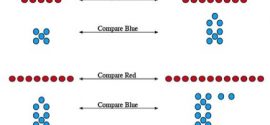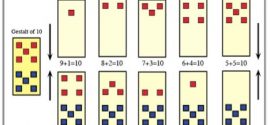Making Slow Reading More Fun
By Sarah, a special educator in New York
Take Turns

I have had a lot of success taking turns reading every other paragraph with students who have dyslexia. This does not make the reading go faster, but it does increase the enjoyment of the text for the student, because the student hears the adult read the text and can appreciate the writing.
It is extremely frustrating to lose the meaning of the text, which can happen so easily when the text is difficult and the student misses key vocabulary words. When the student is reading, if there is a word(s) that is challenging, the accomplished reader can supply the word. Plays can also be very hard to read for a dyslexic. Taking parts and reading the play aloud can make it come to life. Alternate reading also allows for conversations about the text, which can be very productive.
Introduce the Book Before Reading
Another tip is to read the first few pages aloud to a dyslexic student. It is sometimes difficult for a student to enter the world of the text. Before giving the student the text to read independently, there should be a discussion about the main characters, the setting, the time and the “problem” the author is going to solve in the novel. The book becomes more accessible to the student when these aspects of a novel are clear. If it is a non-fiction book, supplying background knowledge and creating a time line can be very useful.
Related
Math: Processing Breakdowns
Students with slower processing speeds or executive-function problems are often no different from their peers in math proficiency in first and second grade; but as they confront multistep computations in upper elementary school tests, their scores tumble because they lack the skills necessary to produce organized, efficient output.
Read MoreMath: Naming Problems
Math-specific concepts seem to be particularly difficult to master. In addition to being abstract, these concepts contain terms that confound students with visual similarity or auditory similarity between homophones.
Read More
Math: Memory Challenges
Often an educational evaluation will describe a dyslexic student as having “low working memory.”
Read More
Math: Counting & Comparing
A common response to students who are having counting problems is to simply have them do daily counting practice; however, students with counting and comparing difficulties also benefit from practice that utilizes patterns and relationships.
Read More